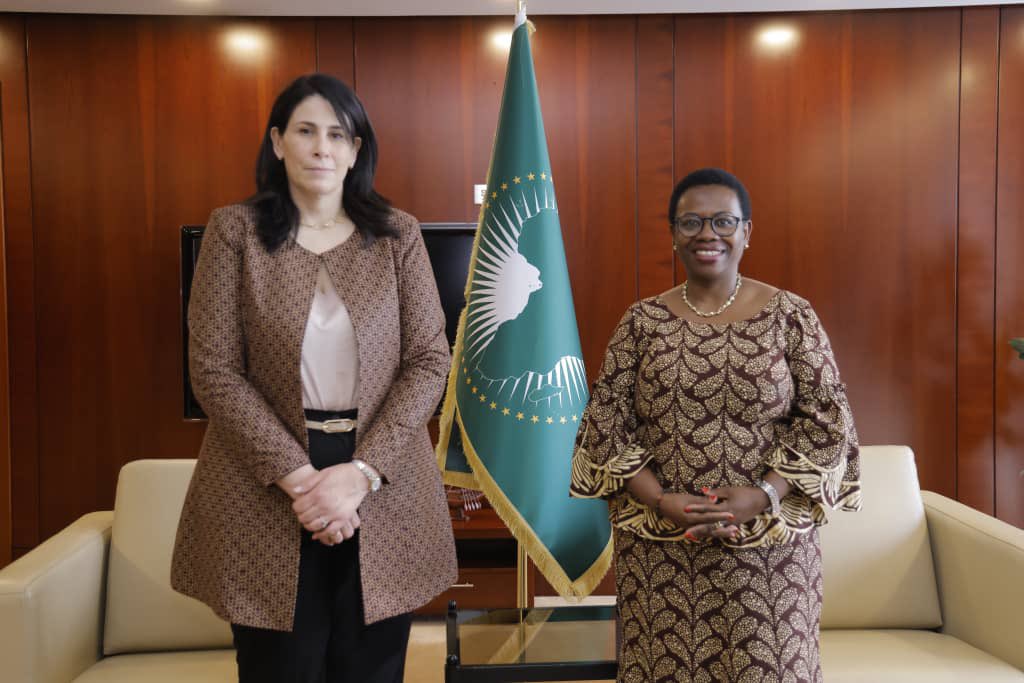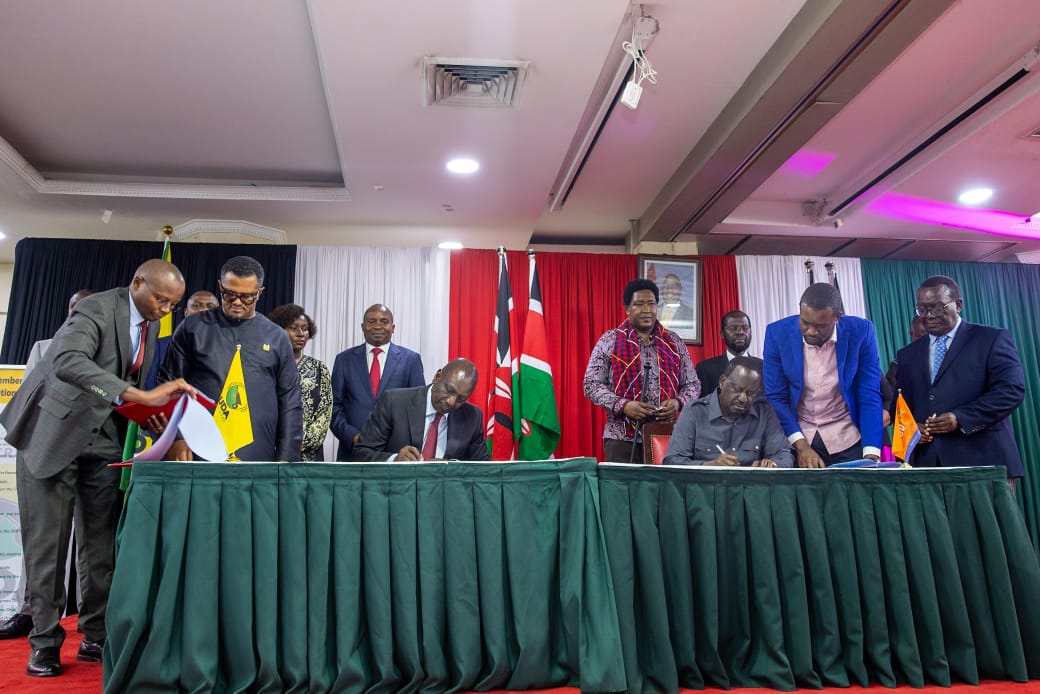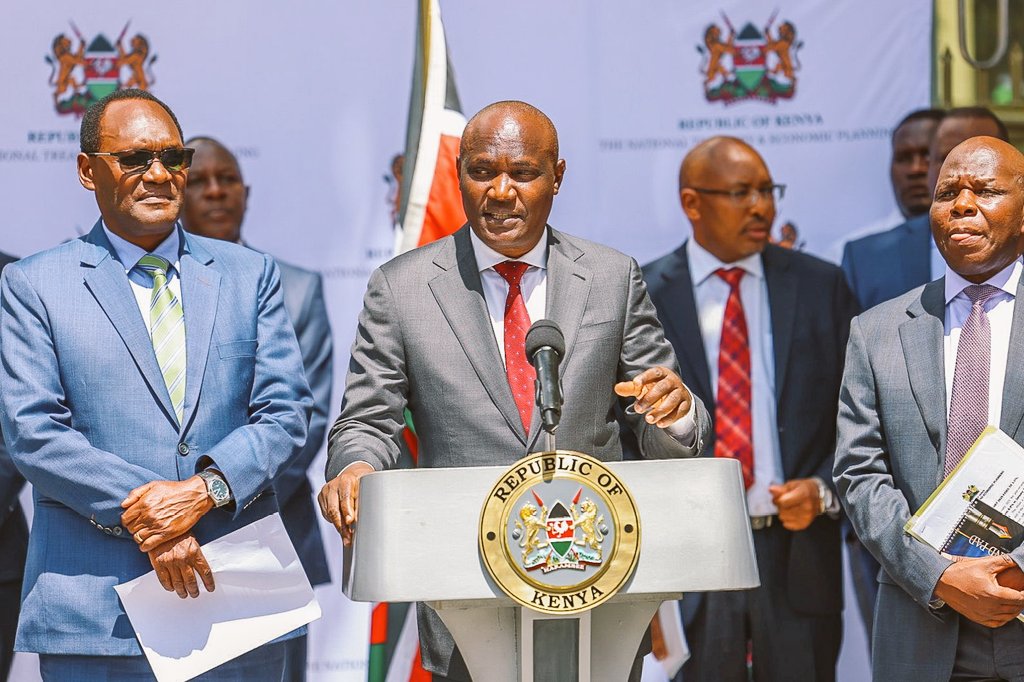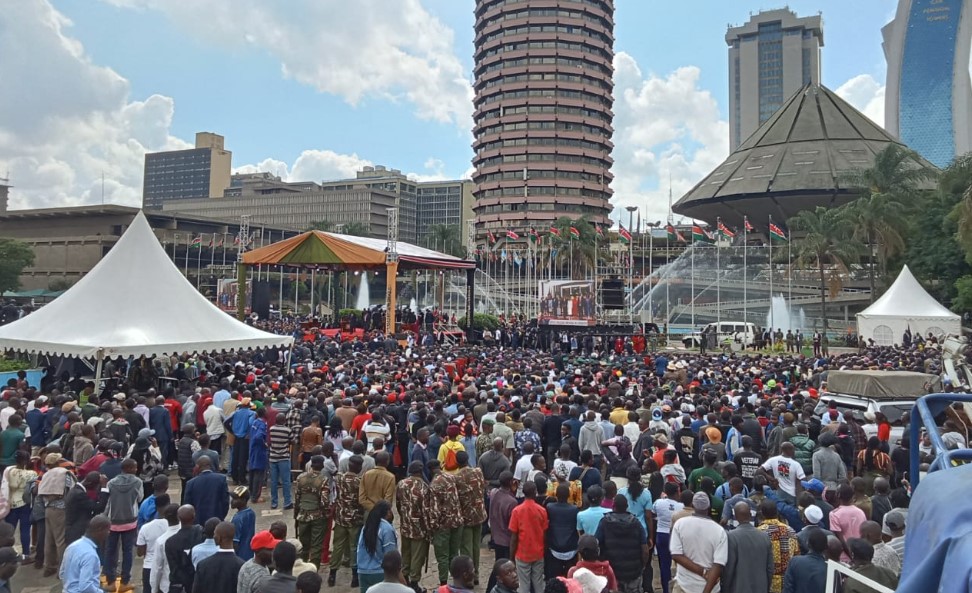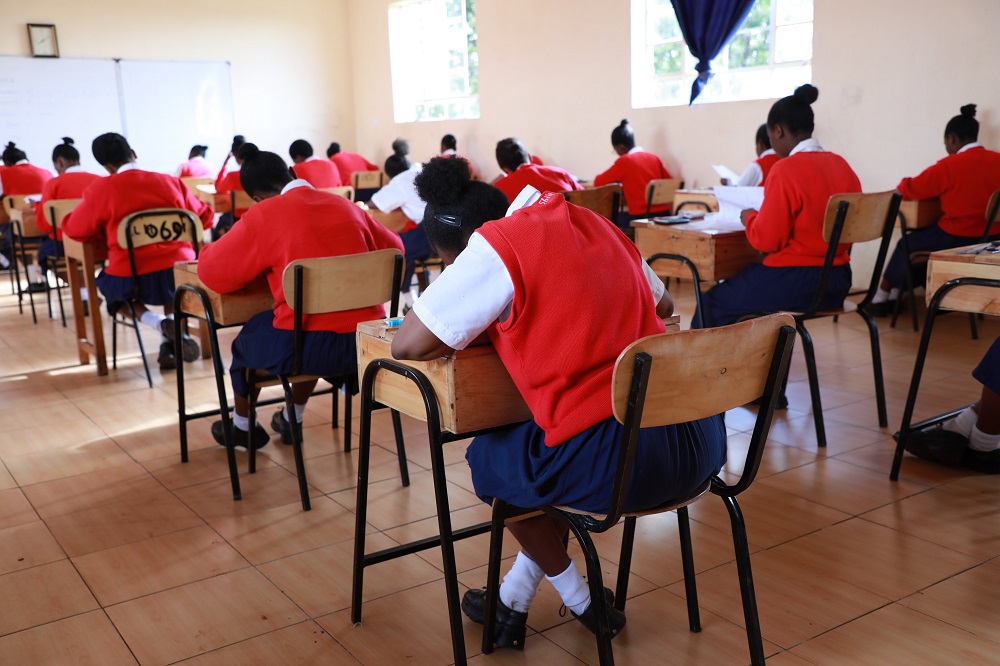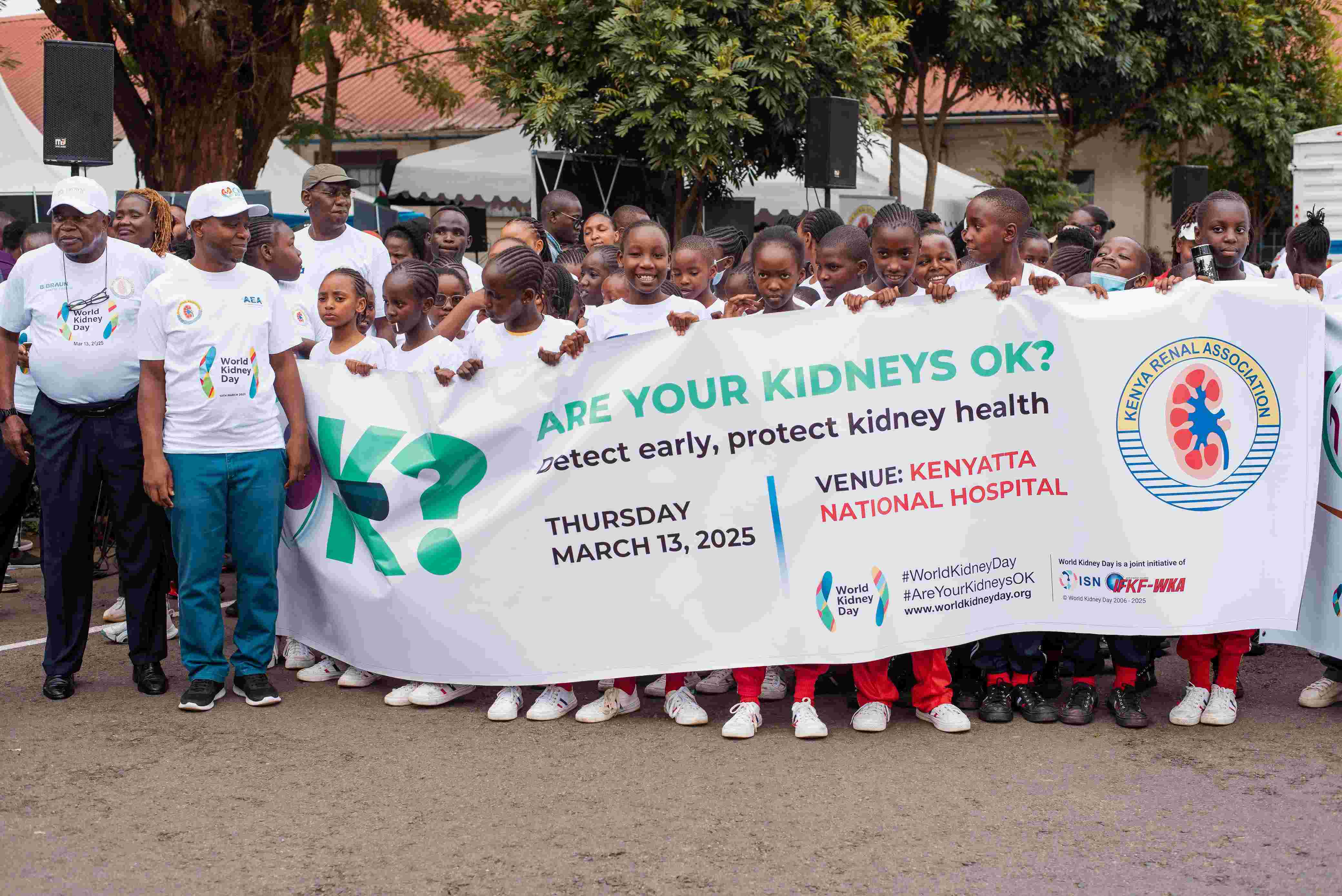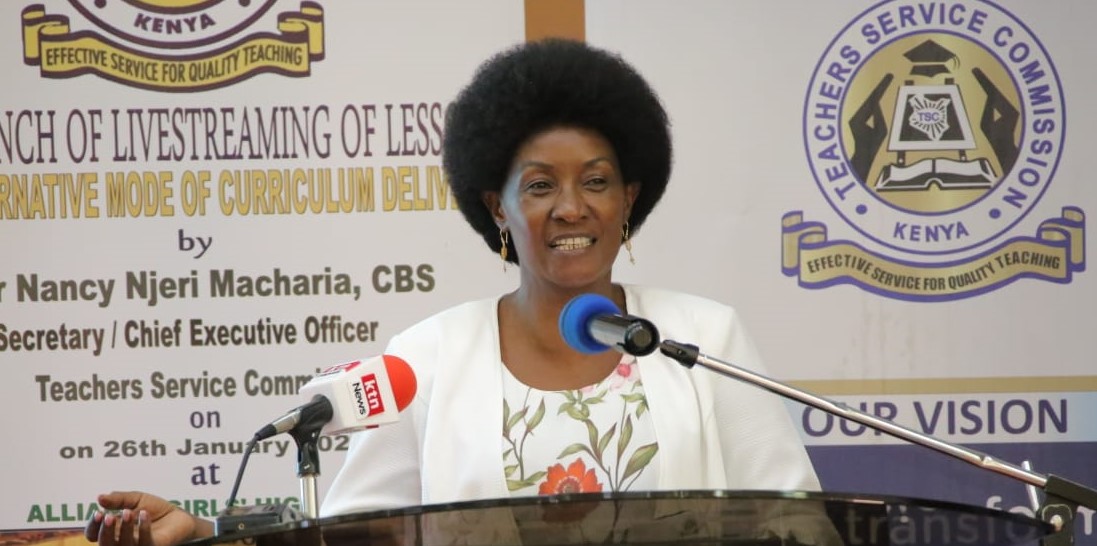MPs grill Education CS Ogamba over flaws in university funding system
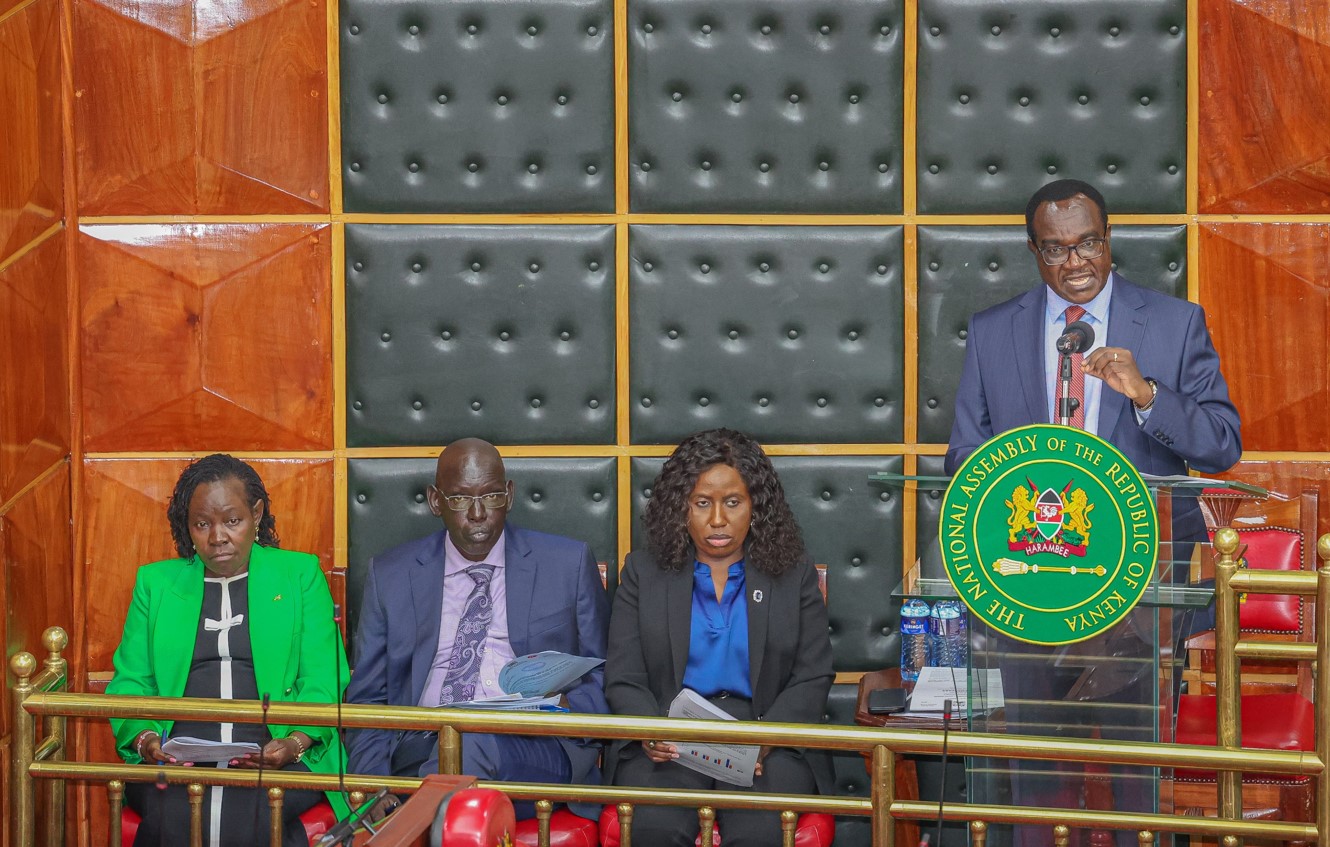
Education CS Ogamba on Wednesday had a difficult time defending the MTI system, which uses data to classify students into different categories for financial aid.
The new university funding model continues to face challenges in the Ministry of Education, with Members of Parliament raising concerns about the Means Testing Instrument (MTI) used to categorise students for funding.
Education Cabinet Secretary Julius Ogamba on Wednesday had a difficult time defending the MTI system, which uses data to classify students into different categories for financial aid. MPs pointed out that the system, despite being based on scientific methods, has failed to include many needy students in higher learning institutions.
More To Read
"The data provided by the students was validated through other government agencies and systems. The application system is integrated with government databases such as KUCCPS, the Integrated Population Registration System, NEMIS, KNBS, HELB, the Registrar of Births and Deaths, the National Social Protection Scheme, the National Council of Persons with Disabilities, and the KRA," explained CS Ogamba.
However, the lawmakers demanded further clarification on the MTI system, highlighting significant inconsistencies in student categorisation.
They revealed that 12,000 students have filed appeals regarding their funding status so far.
Seme MP James Nyikal questioned whether a public survey had been conducted to validate the MTI system, noting that the gaps in the system have led to irregularities that have denied students access to higher education.
"Is it a proxy means testing or another type of means testing? Was there any public survey to validate the instrument? If you used it and the public looked at the families, did it reflect the real income as the instrument suggests?" Nyikal asked.
Nandi MP Cynthia Muge also expressed concerns, urging the Ministry to address the shortcomings in the MTI system.
Unequal treatment
She pointed out that the eight variables used in the MTI system, such as parents' background, gender, and course type, have led to unequal treatment.
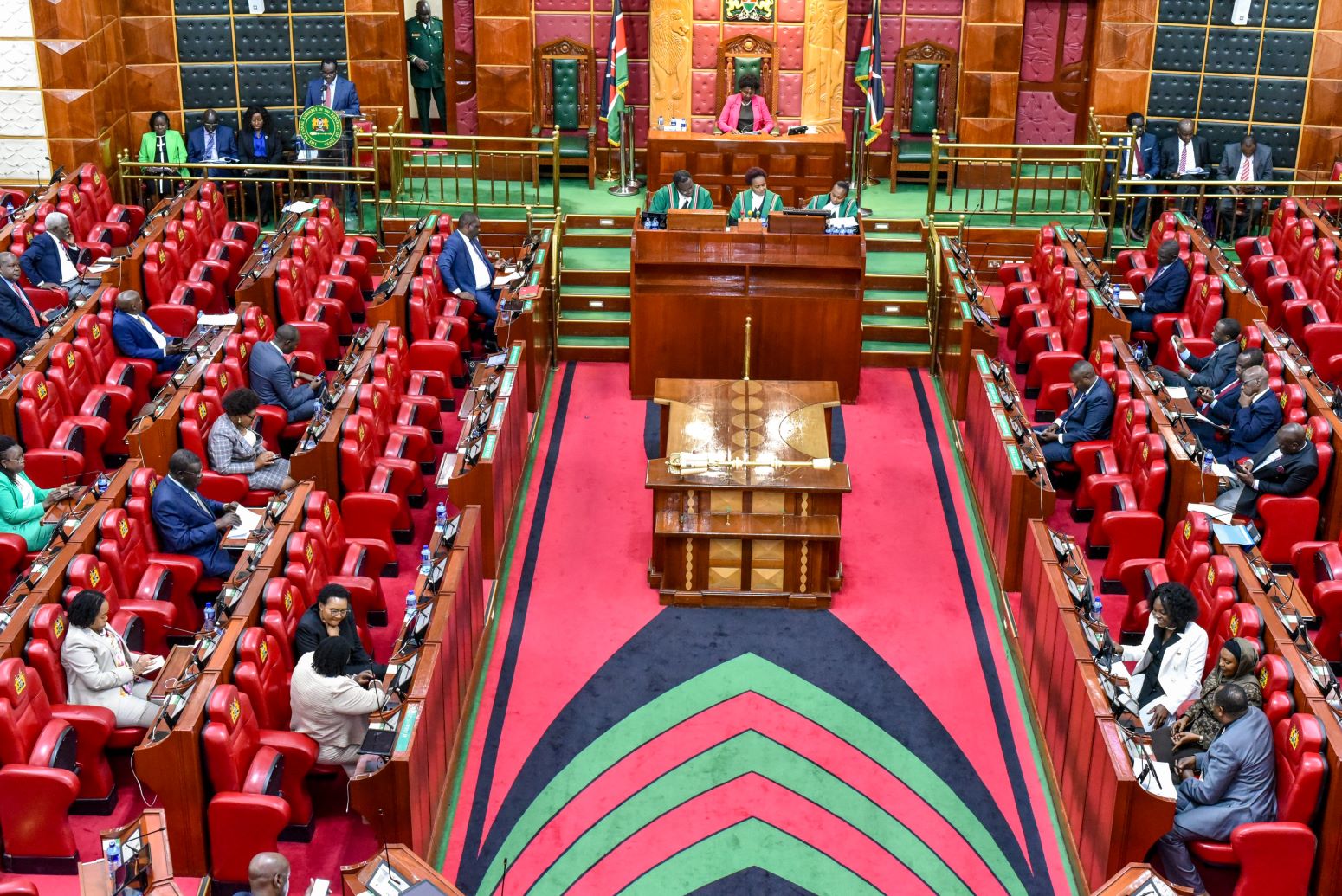 Education CS Julius Ogamba when he appeared before the National Assembly on September 18, 2024. (Photo: National Assembly)
Education CS Julius Ogamba when he appeared before the National Assembly on September 18, 2024. (Photo: National Assembly)
"MTI should be doing better this year than it was last year. Why are we seeing two children from the same family being categorised into different bandwidths?" she posed.
While acknowledging the issues, CS Ogamba explained that the miscategorisation often results from students providing incorrect information.
"We have rolled out YouTube demonstrations and social media campaigns, showing step-by-step instructions on how to apply for scholarships and loans under the funding model," he said.
The Education CS also noted as of September 18, 2024, a total of 124,364 students, out of the 138,535 placed, have reported to their respective universities.
While 75,000 students (60 per cent) have paid their household contribution, the Ministry has assured that all students will be accommodated
However, Kwanza MP Ferdinand Wanyonyi called for the abolition of the new university funding model, stating that it is not effective.
"From what I'm seeing and from your presentation, I think this system is not going to work. Let's return to the old system, especially since we have enough universities in this country, and we also have TVETs," Wanyonyi suggested.
These discussions follow President William Ruto's appointment of a National Working Committee earlier this week to review the controversial funding model, which has stirred debate across the country.
In a gazette notice, President Ruto announced that the committee would be divided into four subcommittees, each tasked with a specific role, including reviewing the funding model for universities and Technical, Vocational Education and Training Institutions (TVETs).
The subcommittees will focus on the cost of university degree programs, the structure of student loans, and appeals related to student placement into different funding categories.
The National Working Committee will be chaired by Professor Japheth Ntiba, with the subcommittees led by appointed chairpersons and co-chairpersons.
Top Stories Today

